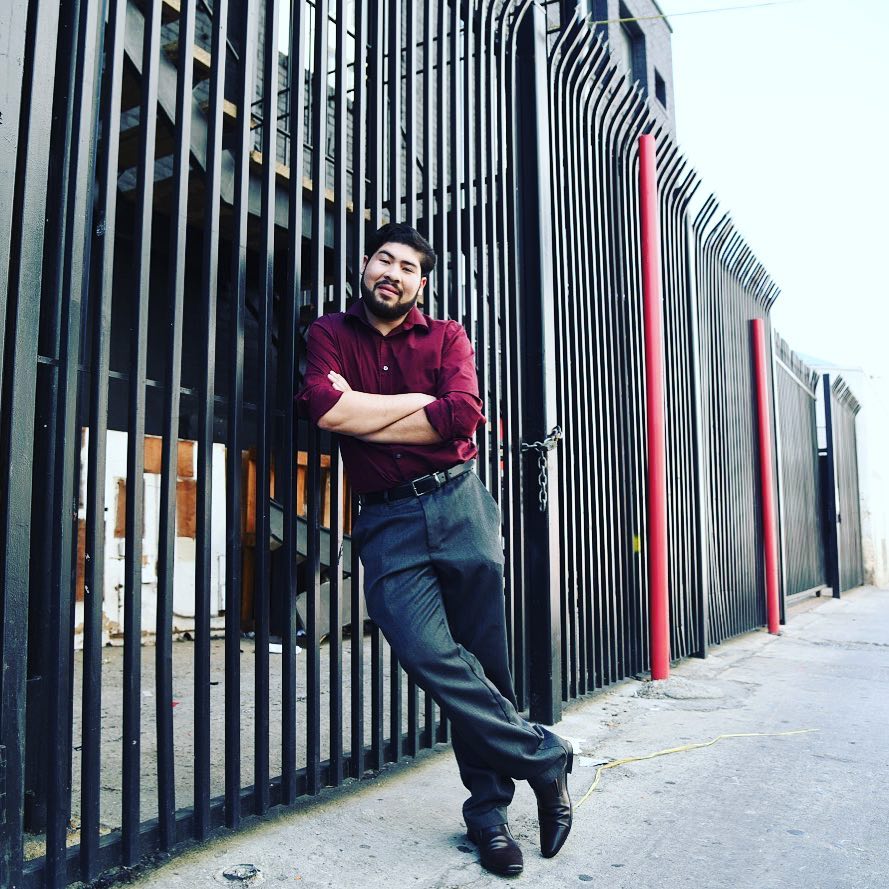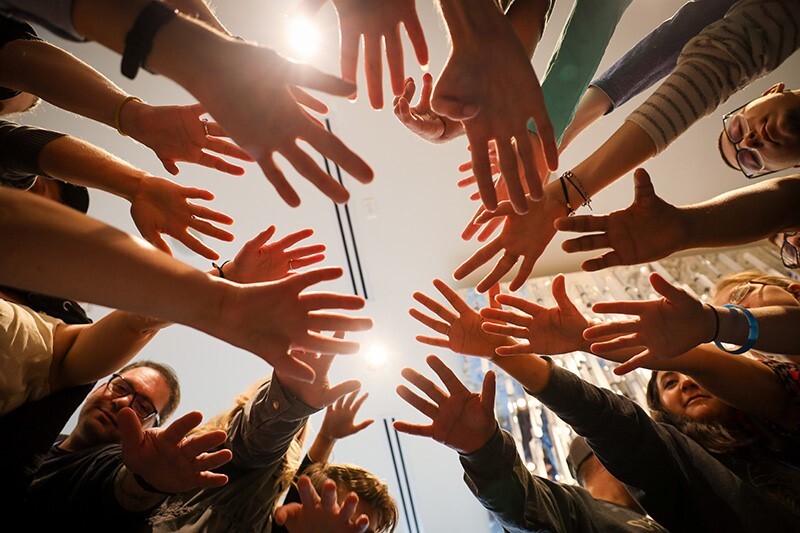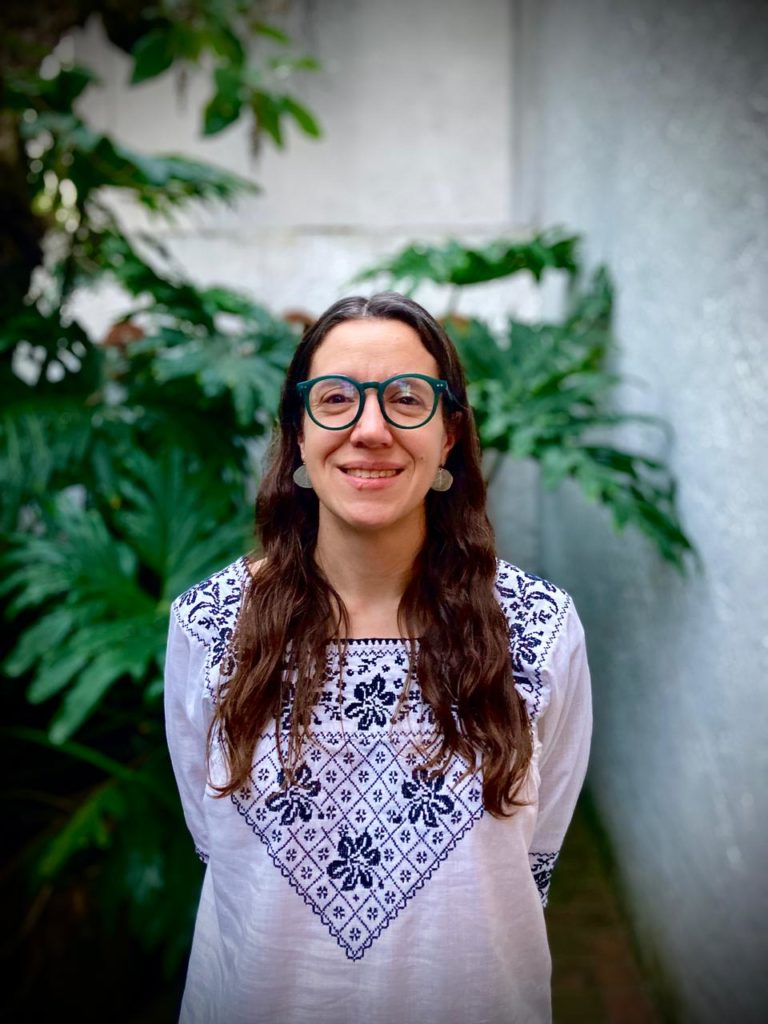Name: Alfredo Rodríguez, PhD
Institution: Biomedical Research Institute, National Autonomous University of Mexico (UNAM)/ National Institute of Pediatrics (INP), Mexico
Area of expertise: Biology of the hematopoietic stem cells, cytogenetics
I am a biologist born and raised in Mexico. I was trained by Dr. Sara Frias at INP/UNAM and by Dr. Alan D’Andrea at Dana-Farber Cancer Institute/Harvard Medical School. I have studied Fanconi anemia (FA) for the past 13 years from several perspectives. Additionally, I have performed diagnosis and used computational modeling to understand the behavior of FA cells. During my postdoctoral training I explored the potential of TGFb pathway inhibitors to improve Fanconi anemia’s bone marrow failure and used single-cell resolution technologies to study hematopoietic stem cells from patients with FA.
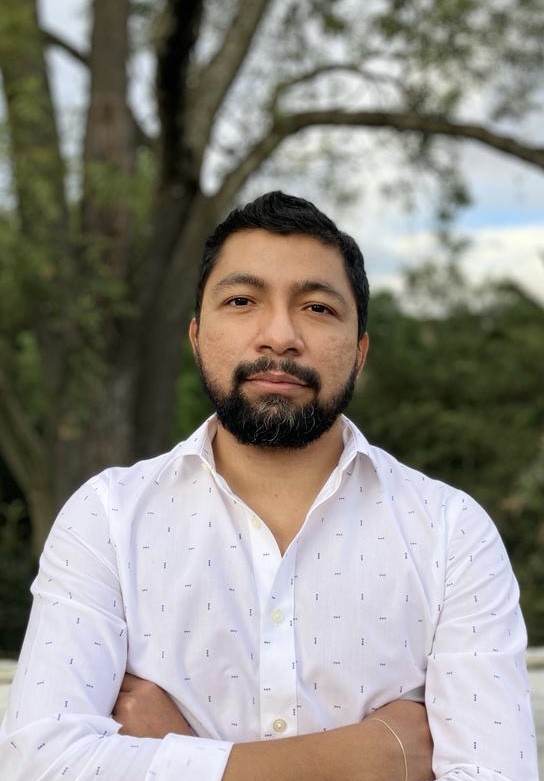
Dr. Rodriguez
My work
Recently I became a principal investigator at UNAM, the leading University of Mexico. I maintain a strong interest in studying FA using additional and new technologies, including single cell DNA sequencing, single cell proteomics and single cell imaging. My research group is also using computational and mathematical modeling techniques to understand FA cells. This is important because in FA, excessive apoptosis (programmed cell death) can lead to tissue atrophy, and cells with un-repaired DNA damage can lead to cancer.
In addition, with my colleagues from Mexico and Ana Tabar, an adult with FA from the Dominican Republic, we started a series of patient-oriented talks delivered in Spanish and directed to Latin-American patients with FA to provide information about the disease, how it is treated, and what follow-up is needed.
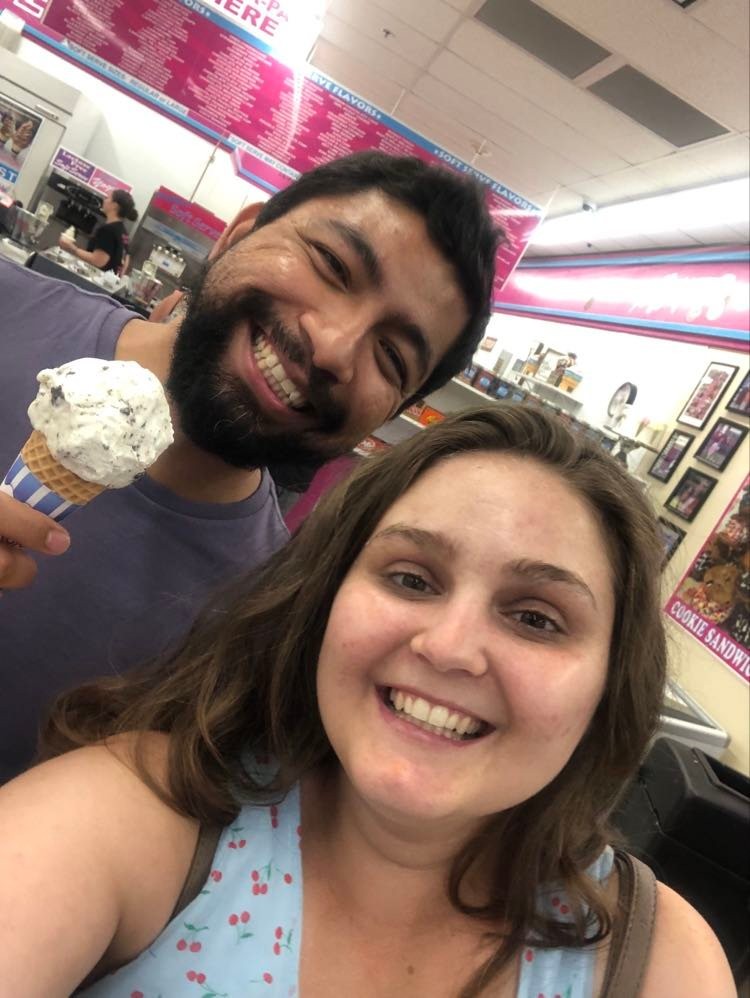

Above: Dr. Rodriguez with Anne and Jason, two adults with Fanconi anemia
What motivates me to work on FA
Through studying FA both in Mexico and in the USA, I have met so many new people and made new friends. Some of these new friends have Fanconi anemia. Although I am still a young scientist, my academic contributions to the FA field allowed me to competitively apply for a position at the University of Mexico and start my own laboratory. Therefore, I feel in debt to patients with FA and want to give back to them focusing my energy and expertise to learn more about the threats that they face daily, and potentially contribute to finding treatments and a cure for this disease.
When I’m not in the lab, you could find me
I love visiting my hometown where my mother and most of my siblings live. I enjoy lap swimming, spending time with my friends and traveling with my partner across Mexico.
A message for FA families
Engaging with the FA community has given me a new perspective on how I understand science and how knowledge is generated. Now I feel that when we study FA, we become more empathic. We understand that FA is not just samples or cells; it’s people, it’s friends, it’s FAmily.


